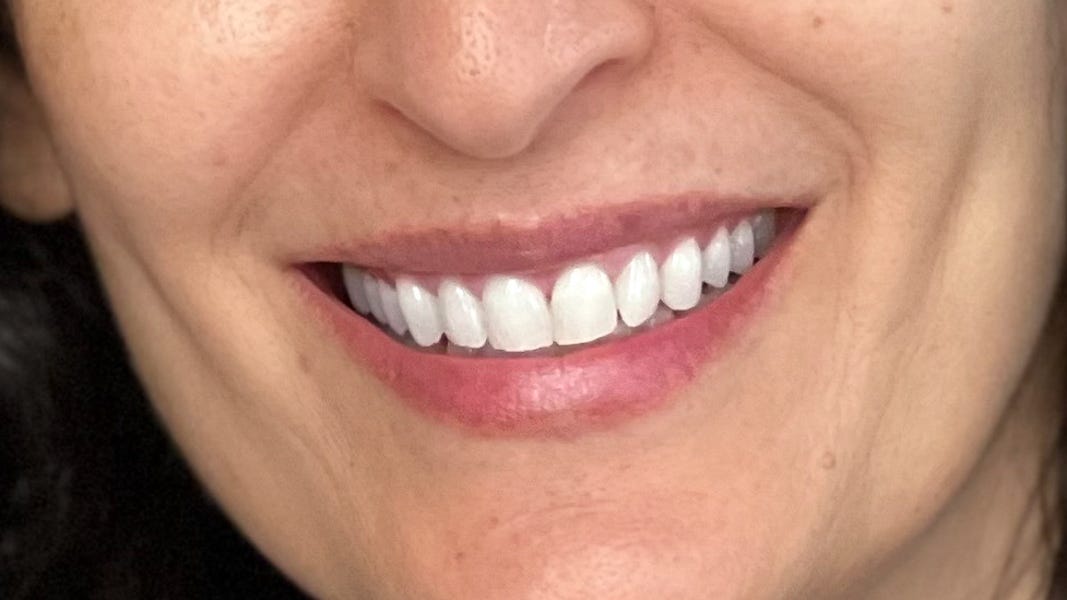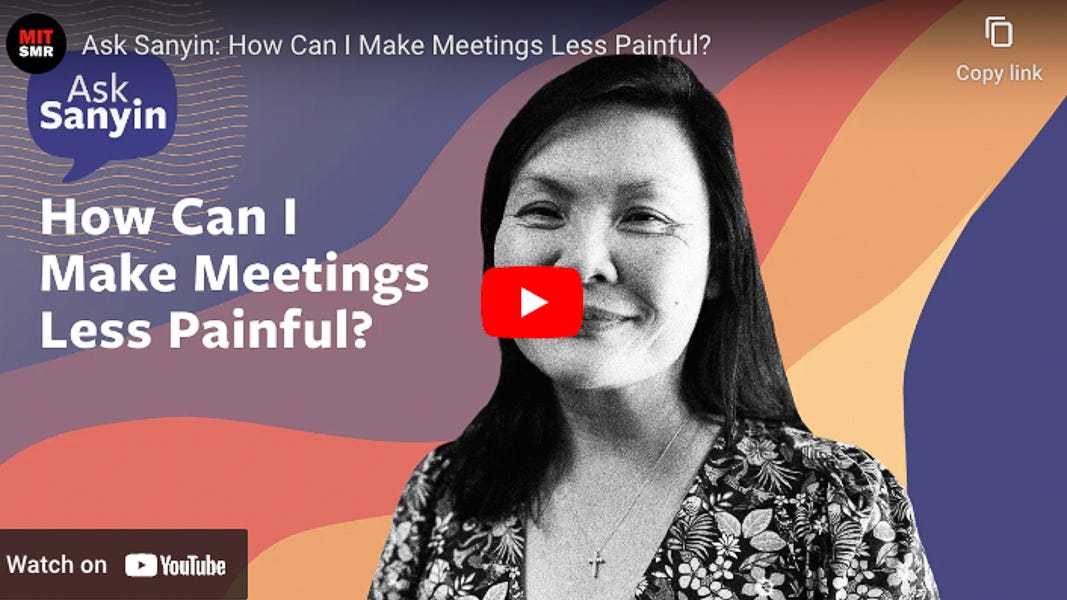Week 23.50 Give Me A Break
Last May I broke a tooth. I was eating something with poppy seeds, and somehow, a tiny seed wedged itself in my upper right molar. In a moment, my week changed. At first, I imagined a little dental crazy glue would solve the problem. A quick inspection by my dentist immediately dispelled all hope. Once a tooth is split below the gums, it's a goner. I made an appointment with an oral surgeon, got the tooth extracted, and then found out that what I thought was a one-and-done appointment was instead a journey. I learned it would be five months for the tooth socket to heal, then a post is put in with another five months to adhere to the bone, and only then can an implant be fitted. I had no idea! Then, last Friday, while eating a dried apricot, I split another tooth. This time, I knew what to do and what to expect. I have been observing the difference and thinking about how to apply this experience to life and leadership.
The first time I split a tooth, I thought it would get pulled; I'd get an implant and go about my day. The lengthy journey crept up on me as I learned little by little that this would not be a one-week or one-month event–it would take a year. The second time it happened, I knew immediately that this tiny event would impact the coming year. Fortunately for me, it was not a significant impact. Still, it was a tangible reminder that stuff happens in a moment and changes everything. We can anticipate and prepare for many events (now I’m vetoing both poppy seeds and apricots), but that is the reality of life, and we need to make peace with that. By being less fixed on the plan, we can be more flexible and more prepared for the unexpected.
A couple of years ago, I came up with the expression, "Ask, Don't Wonder". This simple expression never fails me... except when I don't use it. I didn't ask what to expect when I split the first tooth. It didn't change what I would have done (the tooth had to come out), but I might have reoriented my plans after the surgery. This experience revealed a new angle on the expression. I have always heard “ask, don’t wonder” as if you are wondering about something and instead taking the time to ask so you can stop wondering and start knowing. This time, I must remind myself that wondering itself is essential as a precursor to asking and a call to curiosity. Keeping a sense of what is happening around to us (by us and for us) will also keep us engaged and help us make better decisions.
My oral surgeon, Dr. Bobby, has a fantastic chairside manner and exceptional follow-up for someone whose livelihood is operating on the open mouths of sleeping patients. He was transparent every step of the way to let me know what he was doing (while I was awake). More importantly, he called up the evening of the surgery to see how I was feeling and asked quick questions to assess the situation. I was fortunate that each time was without incident. Having his follow-up call put me at ease. It also lets me know he is always available if I have questions. He demystifies and takes the fear out of the process. The entire staff reflects his attitude and approach, who work hard (and are empowered) to solve problems and make the whole process as easy as possible.
In life and leadership, something can happen at any moment that will change the course of our day, month, and year. And as my friend Srikumar Rao would remind me, when these abrupt changes happen, who knows if it's good or bad? Splitting the second tooth has reminded me to be more intentional about what I eat (I didn't learn the lesson the first time). The experience has reminded me of the importance of wondering and thinking about what is happening, even as I accept that it has happened. And finally, it reminds me that leadership is everywhere. When we empower those we lead to lead, we enable them to shine and bring their brilliance to making seemingly insignificant interactions meaningful. I am not hoping for another broken tooth. Still, I am grateful for all of the learning from this one. I look forward to leading with flourishing into the new year, I am ready for the next couple of weeks of healing and resetting and giving myself and those I love and lead a well-deserved break.
With love, gratitude, and wonder,
Scott
Coaching isn’t always easy. In fact, it often involves speaking a truth the other person doesn’t really want to hear. For example, even when we’re lost for direction, the simple act of being pointed in the right way can feel like an indictment of being lost in the first place. In a recent episode of the Disrupt Yourself Podcast, I had the pleasure of discussing this with Scott Osman and Jacquelyn Lane, the co-authors of Becoming Coachable. They had some incredible insights into how we can prime ourselves to receive messages that fuel our growth rather than self-doubt.In this episode, listeners can learn how to prime themselves to receive messages that lead to personal and professional growth. Don't miss this insightful discussion on the difference between mentoring and coaching and how to achieve that “a-ha” moment. Listen now at this link: https://hubs.li/Q02cT9MV0
The Physician Coach by Mo Kasti
By fostering self-awareness, facilitating goal setting, and promoting continuous learning, coaching empowers physicians to excel in their professional journeys. Moreover, the positive ripple effects of coaching extend beyond individual physicians to positively impact team dynamics, organizational culture, and ultimately patient experience and care. In essence, physician coaching is not merely a resource; it's a vital investment in unlocking the full potential of healthcare professionals and ensuring the resilience and excellence of the healthcare system as a whole.
Physician coaching is not merely a guide; it's a transformative force unlocking the full potential of healthcare professionals. In embracing this comprehensive guide, physicians and healthcare organizations embark on a journey that transcends challenges, fosters growth, and propels them towards unparalleled success. As the healthcare landscape evolves, so does the role of physicians, and with the right coaching, they are poised to lead with excellence. To learn more about HLI Physician Coaching
How Can We Make Meetings Less Painful by Sanyin Siang
"What is it like to sit across the table from you when you coach and advise? Give your 1 million LinkedIn followers what that feels like." This is the challenge my friend and mentor Ron Carucci posed to me a few years ago. This is why I'm so excited to share my new #AskSanyin video column for MIT Sloan Management Review. We intentionally filmed these at my dining room table (yes, that's my kitchen in the background), because so much of my working together with executives or Duke University students starts with building trust and closing the distance.
All too often, we feel expected to put up a front, to show up only strong. But here, in order to grow and learn together, we need to be able to feel ourselves as we talk through challenges and opportunities. In this 4-minute video, I take a reader question - How Can We Make Meetings Less Painful - and build on that. And there's a twist in my perspective. Watch on to see. And then, let me know what you think. The launch of this quarterly video column comes at the one year anniversary of my quarterly print #MITSMR column Coaching for the Future Forward Leader. Print readers can find the column on the last page of each issue













